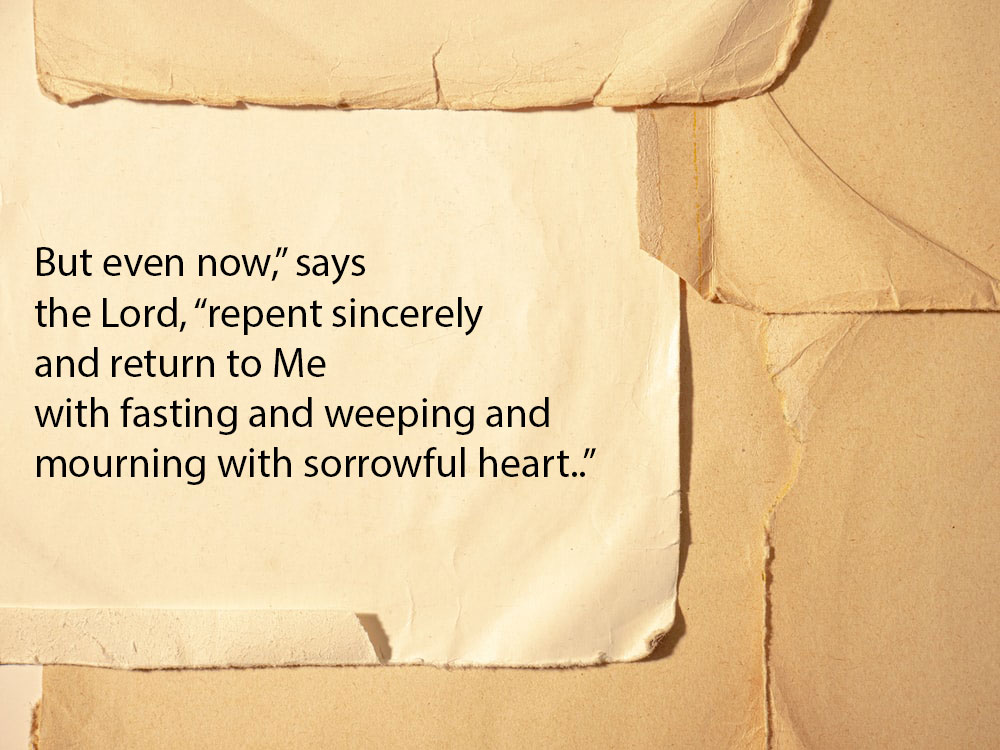
One of the posters of The Greatest Showman.
GENRE
Drama/Musical
CAST
- Hugh Jackman as P. T. Barnum, an ambitious showman and entrepreneur.
- Ellis Rubin as Young P. T. Barnum
- Ziv Zaifman provides Young P. T. Barnum’s singing voice
- Zac Efron as Phillip Carlyle, a playwright who becomes Barnum’s partner. Michelle Williams as Charity Hallett Barnum, the wife of P.T. Barnum.
- Skylar Dunn as Young Charity
- Rebecca Ferguson as Jenny Lind, a famous Swedish singer.
- Loren Allred provides Lind’s singing voice.
- Zendaya as Anne Wheeler, an acrobat, trapeze artist, and W.D.’s sister.
- Keala Settle as Lettie Lutz, a bearded lady.
- Sam Humphrey as Charles Stratton, a dwarf performer who is also known by his stage name of General Tom Thumb.
- Austyn Johnson as Caroline Barnum, one of the daughters of P.T. Barnum.
- Cameron Seely as Helen Barnum, one of the daughters of P.T. Barnum.
- Paul Sparks as James Gordon Bennett, the founder, editor and publisher of the New York Herald.
- Yahya Abdul-Mateen II as W. D. Wheeler, an acrobat and Anne’s brother.
- Natasha Liu Bordizzo as Deng Yan, a Chinese blade-specialist.
- Eric Anderson as Mr. O’Malley, a former thief who Barnum employs to work at his circus.
- Daniel Everidge as The Lord of Leeds, The Huge Man.
- Shannon Holtzapffel as Prince Constantine, The Tattooed Man.
- Luciano Acuna Jr. as Fedor Jeftichew, The Dog Boy.
- Danial Son and Yusaku Komori as Chang and Eng Bunker, The “Siamese Twins”.
- Jonathan Redavid as Frank Lentini, The Three-Legged Man.
- Gayle Rankin as Queen Victoria.
- Fredric Lehne as Benjamin Hallett, father of Charity and father-in-law of Barnum.
- Kathryn Meisle as Hannah Hallett, mother of Charity and mother-in-law of Barnum.
- Will Swenson as Philo Barnum, a tailor and the father of P. T. Barnum.
DIRECTOR Michael Gracey
DISTRIBUTED BY 20th Century Fox Films
I remember from way back when I was teenager, The Great Japanese Circus came to Manila at the Big Dome. My family and I sat on the front row. Special ringside, that is. That was a long time ago. It was my first time to see a big circus. I was so scared of lions and tigers and elephants, oh my! Good looking and skilled performers doing the flying trapeze, a beautiful lady walking on a hanging bamboo pole, then there was someone holding one long green bamboo on one’s right shoulder then it began to split up! (Kayoko Nagagara and Takayasu Kubota), and a death-defying act of a male and female performer (father and daughter Kazumi and Katsuyuki Kubota) doing a motorcycle stunt inside a globe! Then I got to relive the memories all over again in The Greatest Showman. But wait…what caught my attention in the film was an implausible squad of oddities and eccentrics and a ring master and you’ve got … well ,yes, the circus. But a circus isn’t born overnight. And no one knows much better than Phineas Taylor Barnum, better known as P.T. Barnum.
The son of a tailor, Barnum has a lot on his plate, despite being born into poverty. He must contend with the death of his father, the scorn of his father-in-law and the continuing demands of providing for his family. Determined to prove himself to them and to the whole world, he started thinking out of the box. What one person might consider a catastrophe, Barnum sees it as an opportunity. After he’s laid off from his job, he opens a museum. Not just any ordinary museum, mind you. This one specializes in wax figures, preserved rarities and all things … odd. Still, his daughters think it needs something with even more ticket-selling zing and dash —something more alive and human. Like, say, a bearded woman. Or a brother-sister trapeze duo. Or a grown man who’s just a few feet tall.
According to Barnum, “a man’s station is limited only to his imagination.” So he starts to dream. But while the showman’s family and his newfound performers benefit from his ingenuity, not everyone is captivated with his idea of a “circus.” Some of Barnum’s critics call it a “freak show.”
Will Barnum press on in following his eccentric-but-engaging vision of shows? Or will his growing fame and fortune roller blind the natural-born promoter to what truly matters in life? The Greatest Showman unloads the answers to those questions in a musical that invites audiences to step behind the curtain of P.T. Barnum’s notable life.
STRONG POINTS
The Greatest Showman explores the twin factors that drove P.T. Barnum to success: his need to provide for his family combined with his need to find a greater purpose in life. Along the way, Barnum becomes a hero of sorts—a hero who experiences the highs and lows that dreaming big inevitably creates. In the midst of his growing success, though, Barnum is dedicated to the happiness of his family. He vows to place them first as he ventures into the unknown, where things aren’t as easy as they may seem. “We can live in a world we design,” Barnum tells his family at one point. So design they do. In the process, they recruit the outcasts of society and work hard to give them a place where they feel value—often for the first time in their lives—even though their lives are still quite difficult.
Barnum shows unconditional acceptance for some who’ve been disowned even by their own families. He accepts them despite their differences in a world that, he says, may “never stop judging.” He hires people of all shapes, sizes, classes and races, and there is a sense that a “celebration of humanity” exists within the circus troupe he cultivates. A family, if you will. Along the way, one character is inspired to pursue a mixed-race romance (in the face of severe disapproval from his family), even though it was culturally unheard of at the time. And Barnum—ever the vision-caster that he is—tells his performers over and over again that “[critics] don’t understand, but they will.”
Barnum increasingly copes with the many demands of the entertainment industry, as well as scandals that loom to wreck his creative venture. But he swears that his “eyes won’t be blinded by the light.” And indeed, messages about the importance of fidelity and family ring throughout the film. Another thing that made this film awesome is its original soundtrack. The songs “The Greatest Show”, “A Million Dreams” “The Other Side”, “This Is Me” (Sung by Benj Pasek and Justin Pau Best Original Song – Motion Picture Category Golden Globe Awards January 7, 2018) “Tightrope”, “Never Enough” and “From Now On” are all beautifully sung because of its moving lyrics tugging at the heart strings. I could probably experience having a last song syndrome here but I really don’t mind at all, most especially the song, “This Is Me,” which I believe, everyone can relate to. And I should say, the film is visually appealing, a feast for the eyes and senses.
SPIRITUAL MATTERS
Barnum gives his two daughters a “wishing machine,” which he says will make their dreams come true. (But, of course, he’s the one who works hard to fulfill their every desire.) I noticed too that the furious members of the Catholic Legion of Decency protest the circus. I truly love the story but the lessons contained therein as well. The film taught me that although you may look or behave differently, as long as you make people happy, you can do great things. You are capable to make this world a better place to live in. It felt very comforting to know that if people may not like you, there are some who does and cares. The performers are mortified to show their faces publicly but Barnum gave them a place to be just themselves and encouraged them not to be ashamed of their uniqueness. As he said, “No one ever made a difference by being like everyone else.” As the Bible says, “Judge not and you will not be judged.” The Greatest Showman to me is God. He made the entire universe and all that is in it. His creations are breathtaking and amazing, indeed!
SEXUAL MATTERS
Phillip and Anne sing a duet that includes some lyrics that are mildly suggestive: “You know I want you/ … I know you want me/ … But I can’t have you.” They swing together, intertwined, on the end of a rope. After a fall, Anne rolls on top of Phillip. They briefly hold hands and kiss in two scenes. Likewise, Barnum repeatedly kisses his wife, Charity. Another female character tries to seduce Barnum, but he spurns her advances. Later, she kisses him unexpectedly onstage, causing a scandal. Women in the circus crew every so often wear tight, cabaret outfits (lace and garter belt stockings) that reveal their upper thighs and cleavage.
VIOLENT CONTENT
Young P.T. Barnum is slapped, pushed and hit. Two circus members fight with recalcitrant men who are calling them names. I also see a fire (set on purpose), as well as several characters bravely trying to rescue others from it.
CRASS WORDS
I started to cringe upon hearing the word “d–n” in two songs. As mentioned, circus members are constantly ridiculed as “freaks.” I feel hurt at this point.
DRUG AND ALCOHOL CONTENT
Characters (including Barnum) who got down on beer, champagne and shots of hard liquor. In one particular scene, Barnum and another character knock back enough shots to seemingly raise their blood alcohol level well beyond legal or safe limits.
WEAK POINTS
Barnum is bereaved after his father’s death, a consequence that leads him to steal bread to survive. As an adult, Barnum lies at one point (though, admittedly, in the service of trying to provide for his family).As his popularity increases and his ambitions grow ever larger, he takes off across the United States, leaving his family and his crew behind. He lives extravagantly. In one scene where he’s trying to impress some well-to-do patrons, he treats his crew nastily. His wife misses “the man I fell in love with,” and his young daughters live for a time without their father’s presence in their lives. Barnum’s self-focused choices nearly cost him his marriage, but that conflict is resolved towards the end of the film.
CONCLUSION
P.T. Barnum was truly an innovator. He constantly challenged the rules of traditional society, the status quo, thus, creating an extraordinary world of wonder as he invited audiences to gaze into the great and the unknown, the majestic and the mysterious. “Comfort,” he opined, was “the enemy of progress.” His extravagant circus performances appealed to vast audiences. But those shows also generated criticism from some who felt the great showman’s work was nothing but a wicked spectacle. The Greatest Showman paints a visual rendering of the figurative tightrope P.T. Barnum walked, and we’re drawn into his mesmerizing world where dreams take flight. There, all individuals have value, family is esteemed highly, and fidelity is shown to be the bedrock of marriage.
It’s a place where you feel as if anything is possible, that any dreamer can triumph over the world (contra mundum). You might even stand to leave with a feeling of true joy reflecting, as did Barnum, “The greatest art is of making others happy.” Life is more than just a circus. The behind the scenes are the most important and crucial details that make the front liners look spellbinding and spectacular. We should not be mere spectators but active performers.
Overall, I rate the film 4 out of 5 stars.










